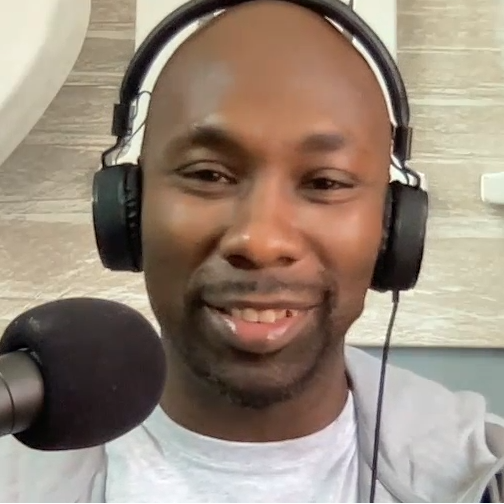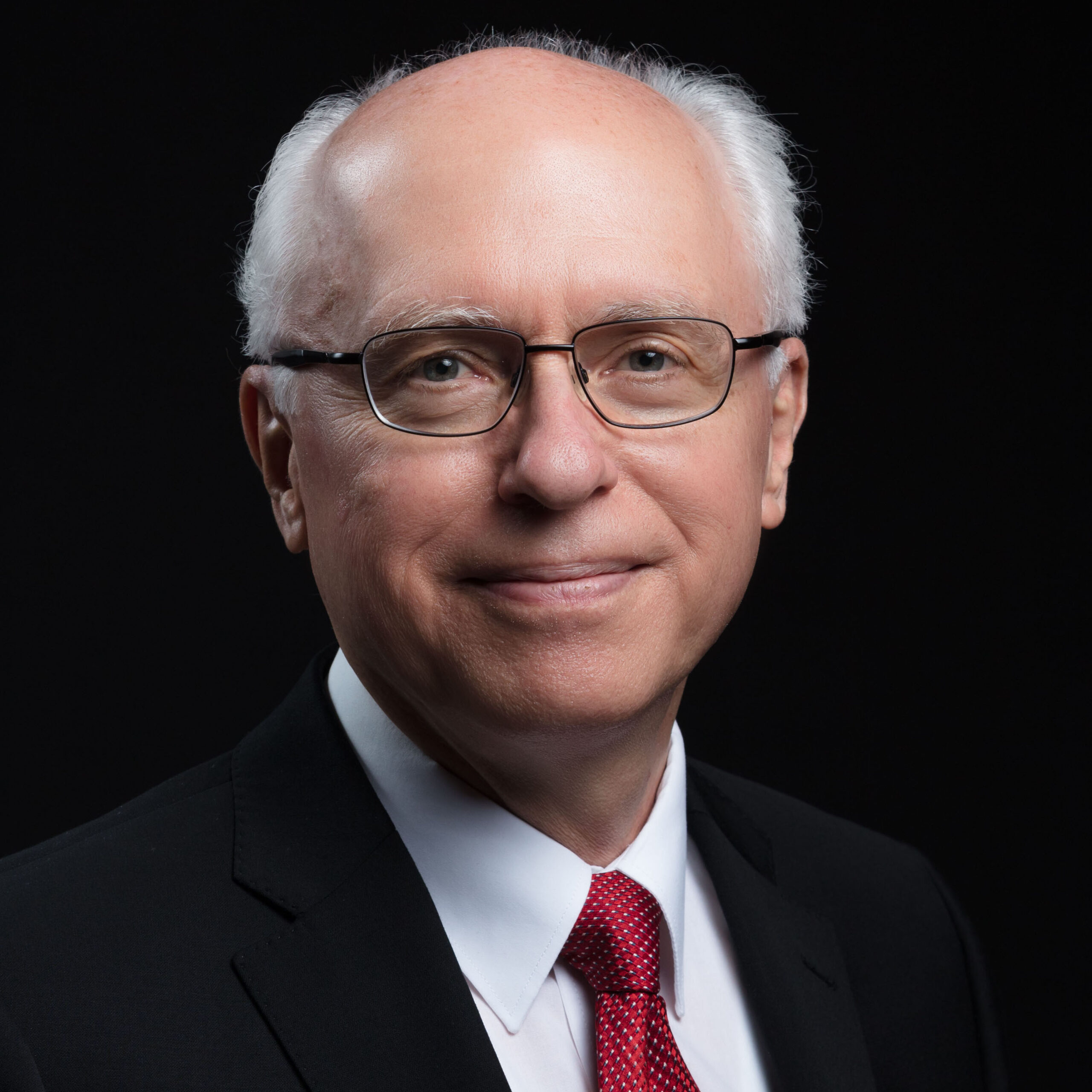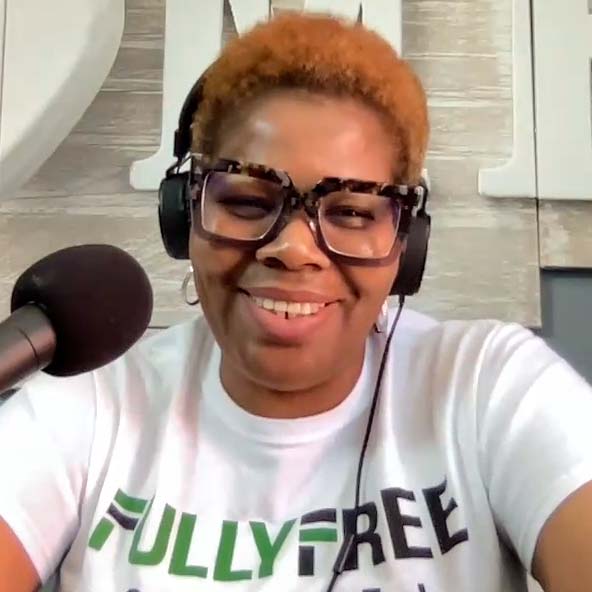What makes violent people violent? The short answer is violentization.
Dangerous violent people almost invariably choose to become violent to survive physically and emotionally in what they perceive as a dog-eat-dog world, a perception rooted in the chronic trauma of being the victim of repeated acts of violence, usually beginning in their homes and neighborhoods as a child and adolescent.
According to Lonnie Athens, a criminologist at Seton Hall University who studies violent criminals primarily through in-depth personal interviews.
“When people look at a dangerous violent criminal at the beginning of his developmental process rather than at the very end of it, they will see, perhaps unexpectedly, that the dangerous violent criminal began as a relatively benign human being for whom they would probably have more sympathy than antipathy. Perhaps more importantly, people will conclude that the creation of dangerous violent criminals is largely preventable …. Therefore, if society fails to take any significant steps to stop the process behind the creation of dangerous violent criminals, it tacitly becomes an accomplice in creating them.”
As a result of his research, Athens describes five stages of a developmental process that he calls “violentization,” starting with repeated traumatic experiences of being brutalized and then being coached to decide that in a world of violence the only way to protect themselves is to fight fire with fire, to become more violent and feared than those who would otherwise victimize them. (08:49)
Successful experiences with using violence to gain power over their environment can progress to the point of being, in effect, addictive. It can even become dangerous to abandon a violent persona due to the resulting vulnerability to retaliatory attack by past victims. (22:56)
In short, through the process of violentization, victims of violence become victimizers in a spiral of violence that can spread throughout a community like a virus.
In part 2 of this episode, we will explore Athens’ observations and thinking regarding violentization of communities and his recommendations for interventions at both the individual and community levels.

From a public safety policy and justice reform standpoint, this is one of the most important episodes of Justice Voices published to date. Richard...

On the eve of Christmas, David Risley challenges both the philosophical and moral underpinnings of our prevailing approach to criminal justice and punishment.

Willette Benford is Board Chair of the Fully Free campaign of Heartland Alliance. In this episode she tells the story of how she was...